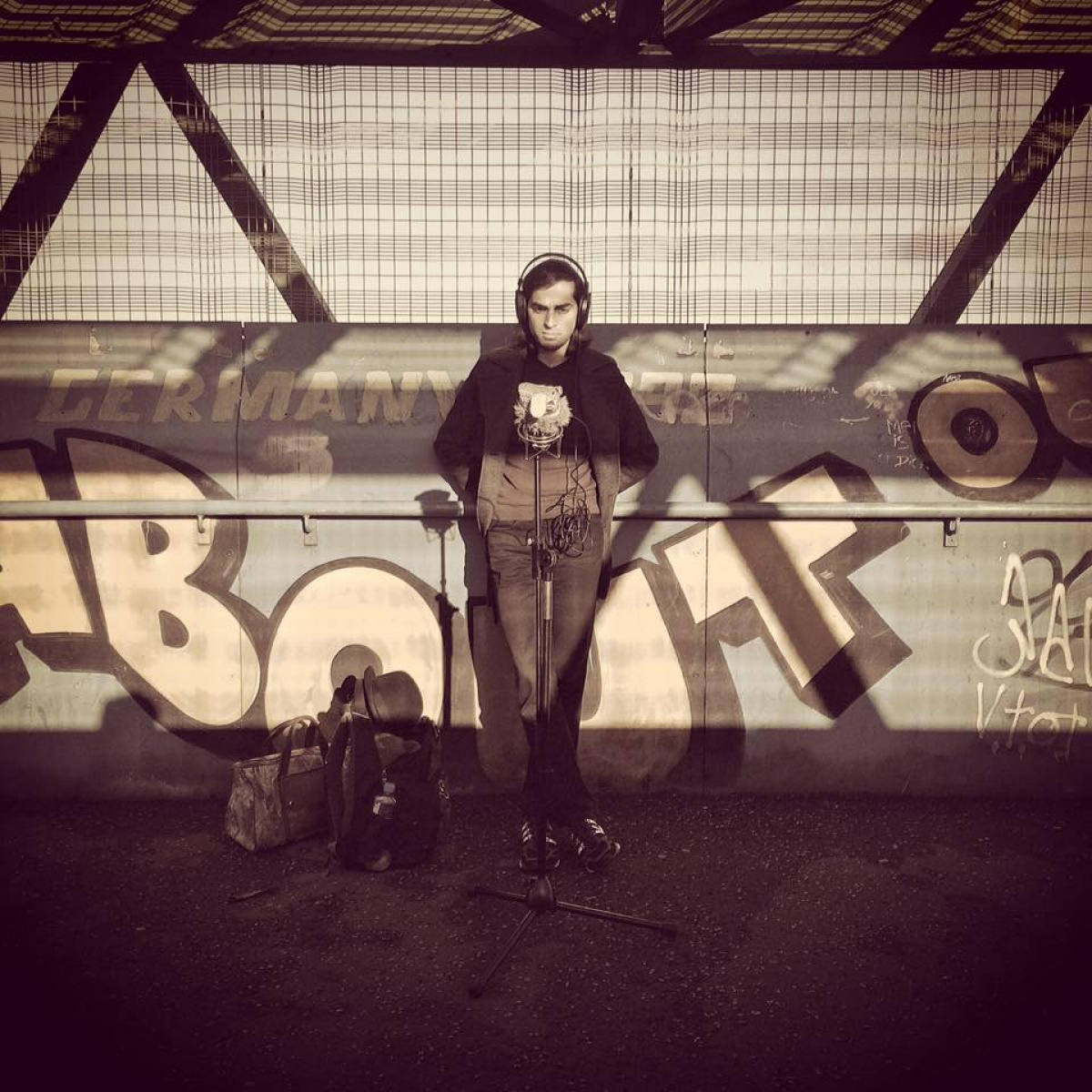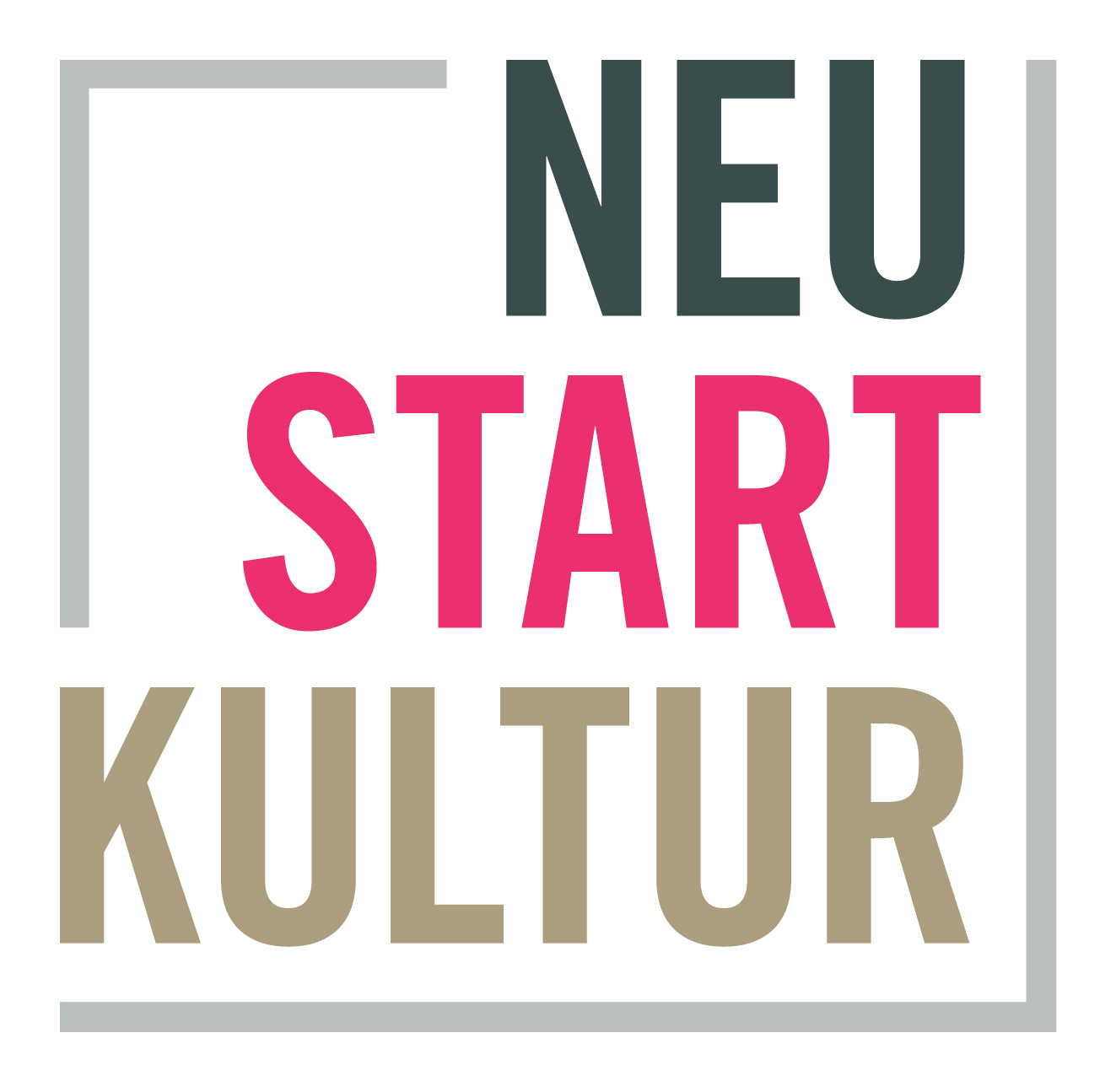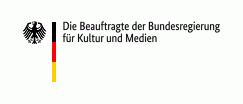In this interview, sound artist, composer, and anthropologist Hadi Bastani talks about his listening habits; his earlier research on noise music, glitch, and computer music; and the effect that online fieldwork has had on his collaborative works.
Bastani is the artist in residence at the 2021 edition of the Berlin-based Klangteppich festival. The festival presents musicians from Iran and the Iranian diaspora in new encounters with artists from other practices and scenes. This interview was conducted by journalist and Klangteppich curator Franziska Buhre.
[Franziska Buhre]: Hadi Bastani, how do you listen to sounds and music today and how has that changed throughout the years?
[Hadi Bastani]: The overall trajectory would indicate a movement from listening to music to listening to space in the broadest sense. Even in my early teens in Tehran I used to take listening very seriously. If somebody wanted to contact me during my listening hours, I would tell them that I was busy with «work».
My brother had a collection of some 400+ tapes of mainly hard rock and heavy metal. I grew up listening to that music and liking distortion. I picked up the electric guitar when I was 18 (2003); learned classical harmony and counterpoint with Mehran Rouhani from the age of 20; and started composing shortly after. After I left Iran in 2009, I was exposed to more experimental music. As my practice changed from strictly compositional to a more performative/improvisatory one, so did my listening habits. Listening is at the heart of what I do and how I do it in my career as sound artist, composer, performer, and anthropologist.
[FB]: The emergence of experimental electronic music in Iran, as you describe it in your dissertation thesis (Bastani 2019), coincides with you moving to Europe in 2009. To what extent did you choose this field for your research in order to «stay connected», on an artistic and personal level?
[HB]: I recorded a post-punk album in Tehran in 2005 with my close friends and bandmates, one of whom was then based in Kyiv and the other one in Nottingham, England. When the album was ready to be released – it was a really cool album – but when it was finished, we all decided that this shouldn’t go out, for different reasons. My own reason and perspective was that this was the kind of sound I didn’t wanna do anymore. I didn’t want to do repetitive verse-chorus structures and to please the popular music environment – it wasn’t for me anymore. So we just abandoned two years of hard work and went our own separate ways, all of us. I went into researching noise music, glitch, and computer music. In my studio in Paris, around 2010 and 2011, I listened to Umchunga’s «Streets 1» and then all of that background – of listening to and experimenting with ambient/drone and noise on my own – came forth.
I realized it wasn’t only me, there were other people in Iran who were monitoring experimental music, who were listening to the same material and who were making similar music. It was then that I decided to find out more about that music in Iran.
[FB]: How do you reflect on your own position in the Iranian diaspora observing and analyzing experimental electronic music in Iran?
[HB]: I no longer have unmediated physical access to the scene – to the «mood», tensions, transformations, struggles, and discoveries that take place in its musicking processes as they unfold in the space. This lack of access means my research is bound to a slightly macro perspective and relies, on the one hand, on my interlocutors’ accounts – interviews, conversations, and collaborations – and, on the other, on my own observations of the online digital traces of the scene.
[FB]: Do you think that online fieldwork can be understood as a methodology that is particularly specific to people living in a diaspora?
[HB]: This partly depends on what diaspora we are talking about; where in the world it is located; how/if it has (comfortable) access to the internet and so on. In the U.K. where I’m based, and in Iran, online activities constitute a large part of people’s daily life, to the extent that one could argue that borders between online and offline reality are blurred. Both are merging into one daily life reality. In such circumstances, online ethnography is not only a valid method of research, it is a necessary one. Of course, its merit in the case of researchers in diaspora is clearer, but its functions go well beyond diasporic research.
[FB]: Has online fieldwork changed the way you produce/rehearse/perform and if so, how?
[HB]: It has increased my online collaborations. Making music/sound collaboratively online is more linear and more predictably sequential. These projects have specific demands, for instance with regards to how material should be handled and what the process should involve. When one makes music directly with people in physical encounters – at jam sessions and rehearsals – such «negotiations» often take place in the process of more intuitive and direct interactions. My live performances are usually improvisational whereas my online collaborations are rather compositional.






